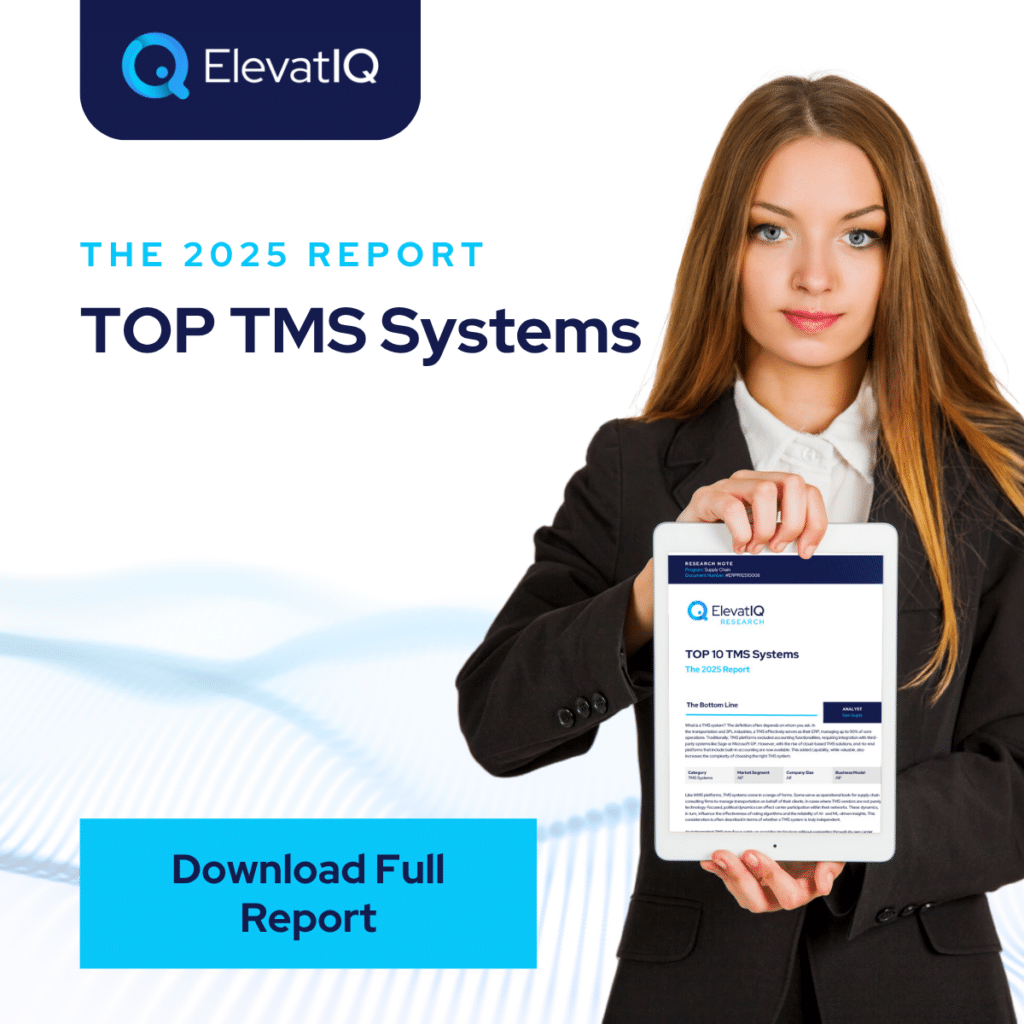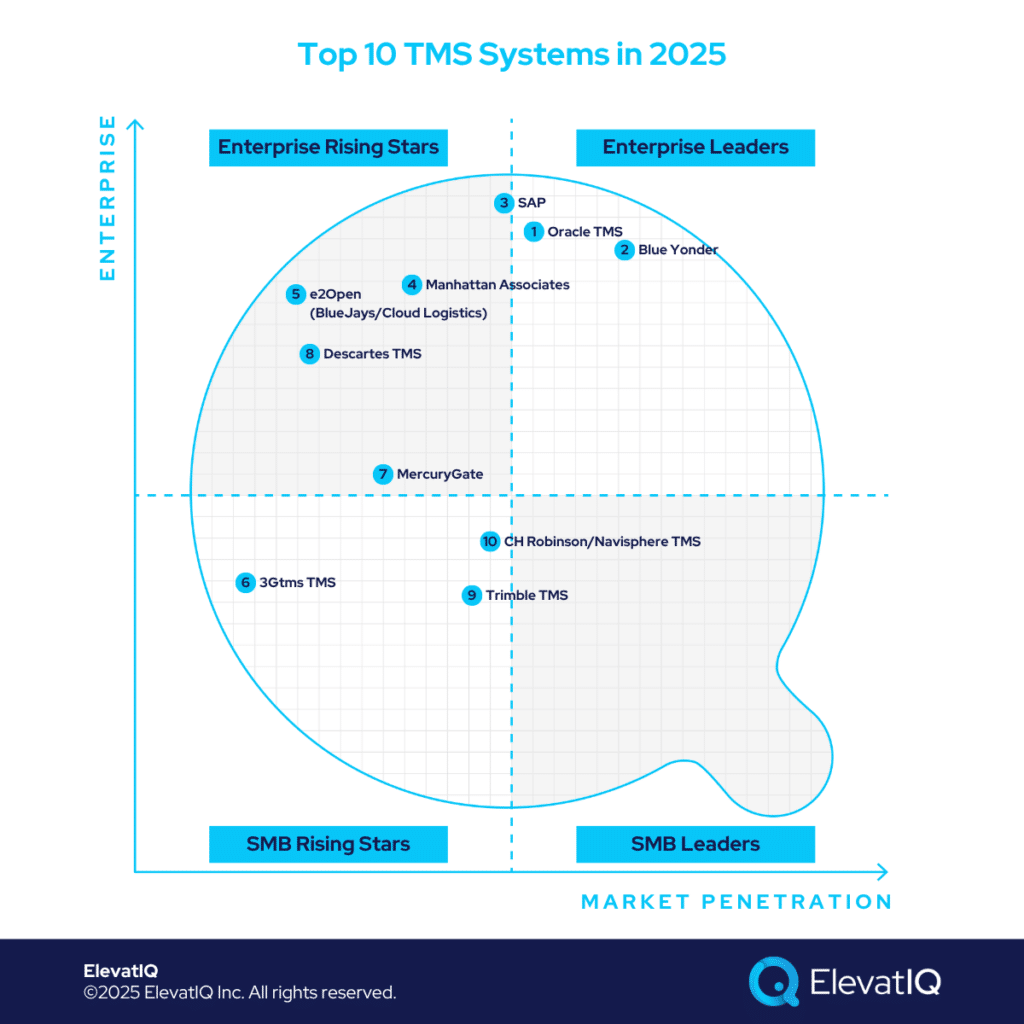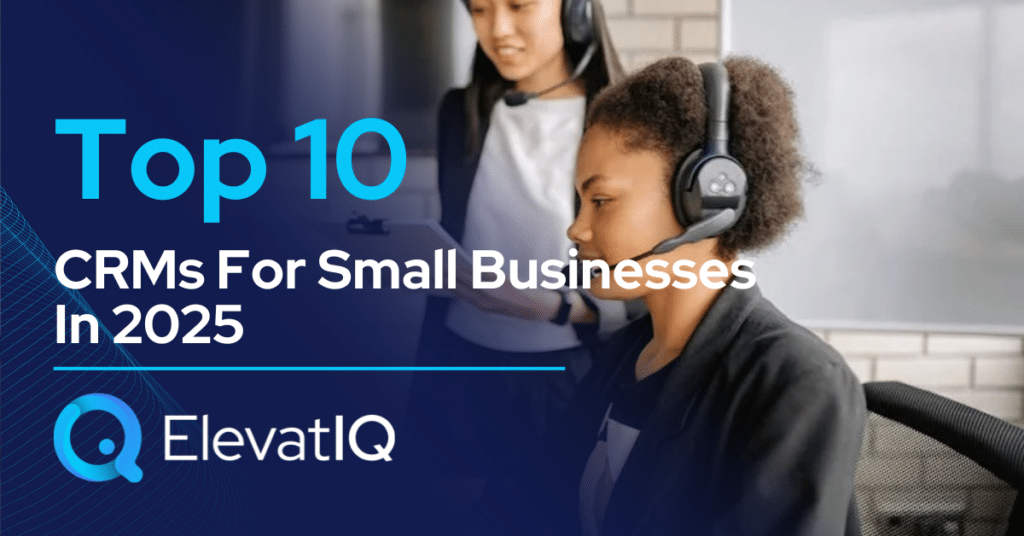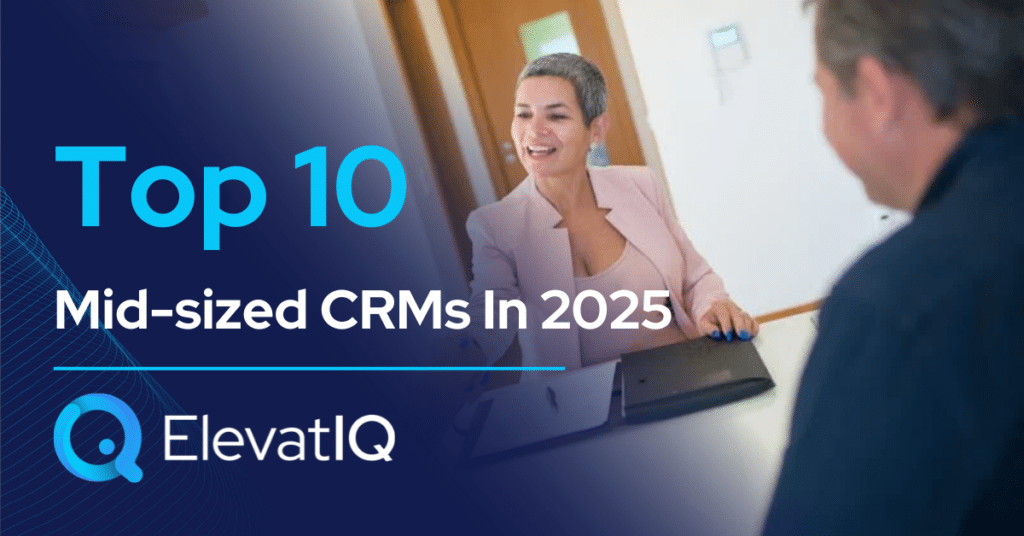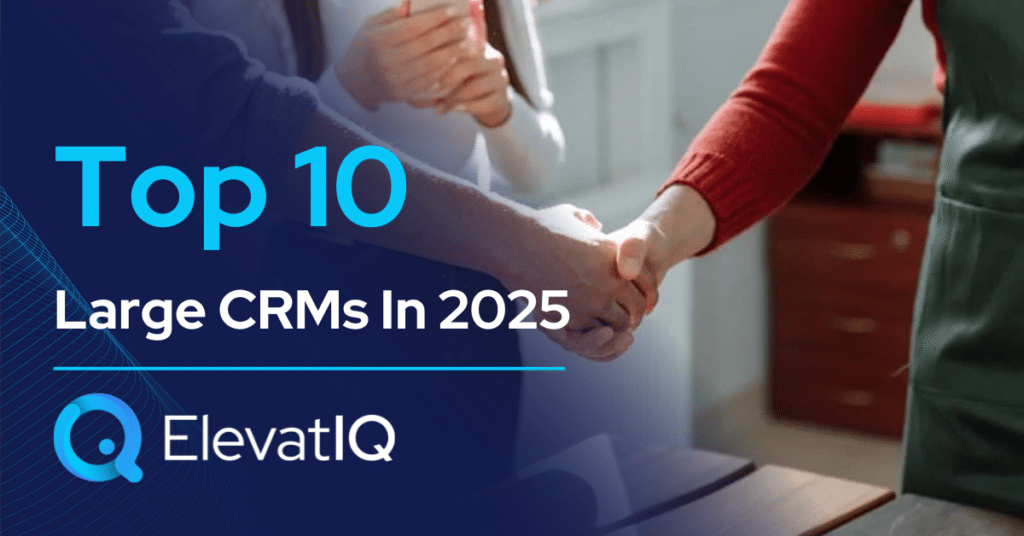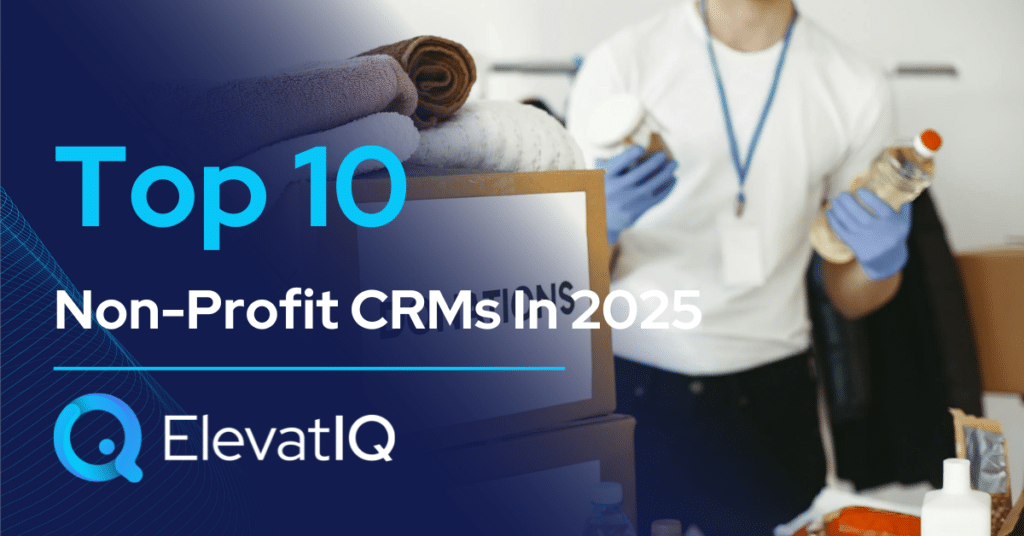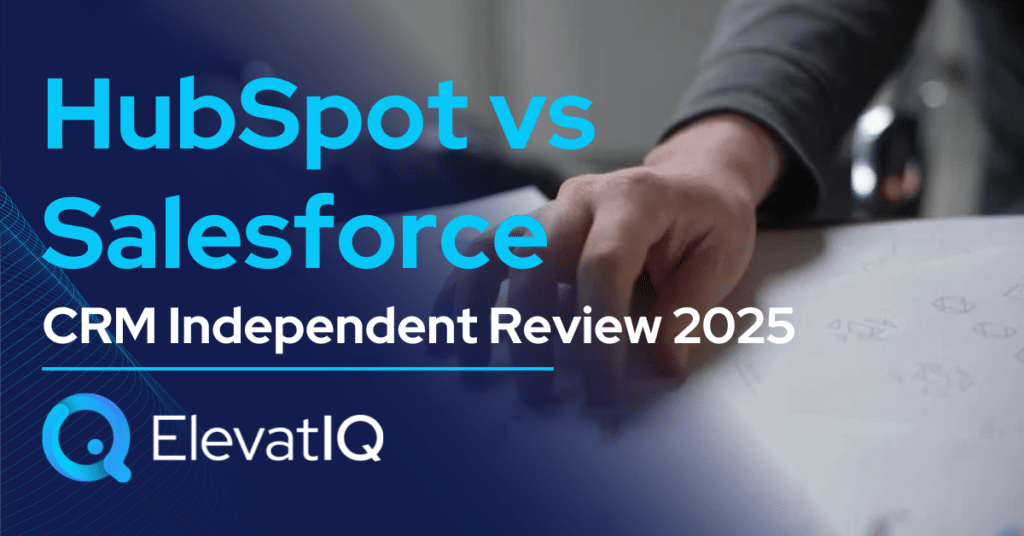Last Updated on June 7, 2025 by Sam Gupta
A Transportation Management System (TMS) is crucial in logistics and 3PL. However, its definition often depends on the context. For many transportation providers and third-party logistics firms, a TMS acts as their ERP—handling up to 90% of daily operations. Traditionally, these platforms lacked built-in accounting features, requiring external integration with systems like Sage or Microsoft GP. However, the emergence of cloud-based, end-to-end TMS solutions has changed this dynamic. These newer platforms often include native accounting capabilities, which, while convenient, add layers of complexity when selecting the right solution.
TMS systems span a broad spectrum of use cases. Some are built as operational platforms for logistics consulting firms managing transportation on behalf of clients. Others are directly impacted by internal dynamics—particularly when the vendor also manages a carrier network. In such cases, political and competitive factors can affect carrier participation, which may skew rating algorithms and compromise the objectivity of AI- or ML-driven insights. This has led to a growing concern in the industry over the “independence” of a TMS. An independent TMS provider offers pure-play technology without engaging in freight execution, aiming for neutrality in algorithmic decision-making and network participation.
That said, not all independent TMS providers steer clear of operating their own carrier networks. Some maintain these networks to simplify onboarding processes and enhance access to key data streams, such as real-time tracking, ETAs, and exception alerts. Furthermore, TMS systems differ not just in their independence but also in their transportation mode support and geographic coverage. Understanding these distinctions is vital for businesses looking to align TMS functionality with their operational scale, geographic footprint, and digital maturity.
10. CH Robinson/Navisphere TMS
Navisphere, the TMS platform developed by CH Robinson, offers a unique blend of transportation management technology and logistics expertise. Its value is most pronounced for companies seeking an all-in-one solution that combines multi-modal transportation support with managed services. Navisphere is especially strong in the food and produce sectors. It helps shippers tap into CH Robinson’s large carrier network, consolidate freight, and access volume-based discounts. The platform suits businesses that want to streamline transportation using one provider for both software and hands-on supply chain services.
Navisphere’s strength in integrated logistics can also be a drawback. It may not suit organizations that value independence and flexibility in a TMS. Companies working with multiple vendors or needing broader third-party integrations may find it too limiting. The platform ties closely to CH Robinson’s proprietary network. Additionally, the perceived conflict of interest in CH Robinson’s pricing algorithms and limited network scope may raise concerns for some. Is Navisphere the right fit for your transportation strategy? Or would a more independent, scalable TMS better serve your growing network needs? Download the Ultimate Top 10 TMS Systems Report now to compare Navisphere with the leading solutions in the market.
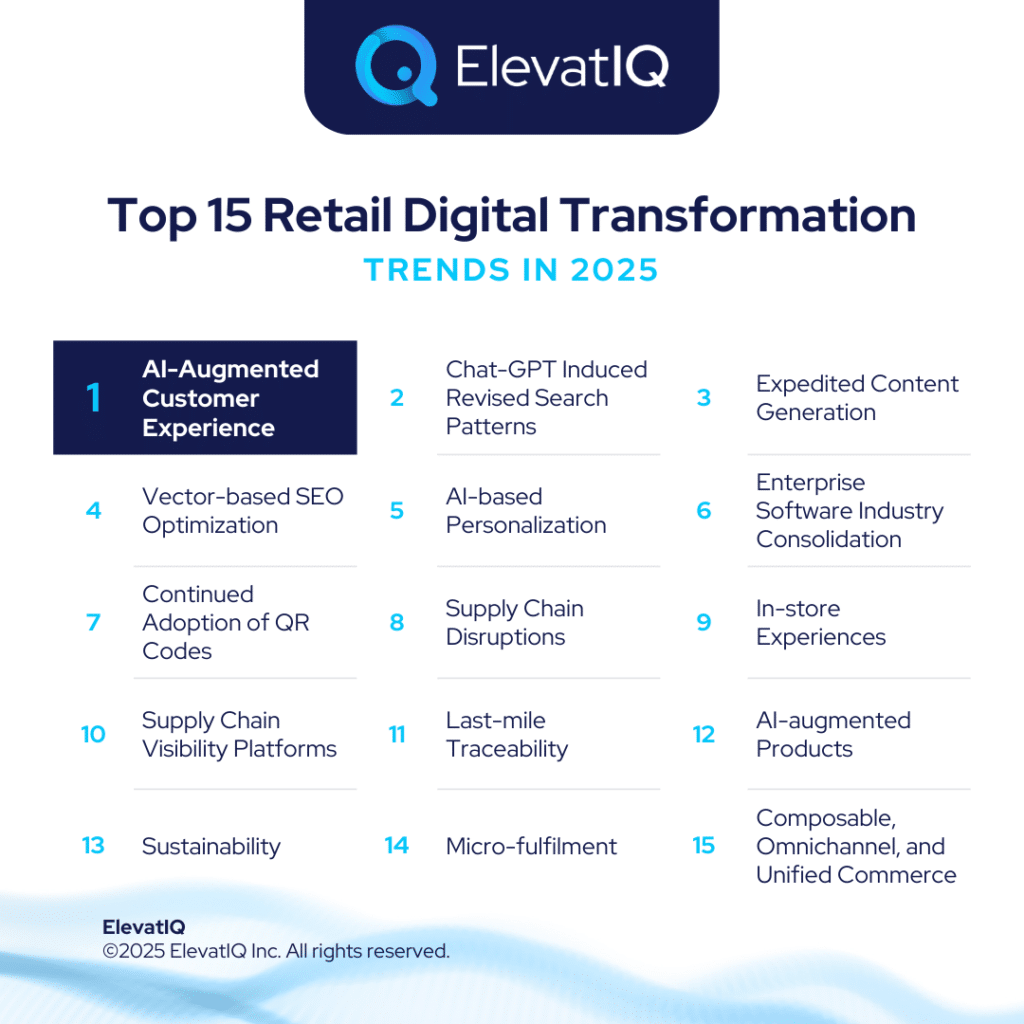
9. Trimble TMS
Trimble is a feature-rich TMS platform built specifically for the needs of trucking companies and 3PLs with internal fleets. Its strengths lie in advanced driver compliance, telematics integration, and load planning—making it a compelling choice for businesses whose core operations revolve around freight movement. With pre-built compliance workflows and deep domain expertise, Trimble significantly reduces administrative overhead while enhancing operational visibility. Fleet managers can rely on Trimble’s mapping and dispatch tools to streamline scheduling, ensure regulatory compliance, and monitor fleet performance in real time.
Trimble focuses heavily on the transportation sector. Its benefits closely tie to that niche. This focus can limit its relevance for retail, distribution, or manufacturing companies that need broader, cloud-native TMS capabilities. The platform’s reliance on legacy technology and its managed-service model may also pose scalability and independence challenges for some businesses. Is Trimble the right fit for your logistics operations, or would a more flexible, cloud-first TMS better align with your long-term strategy? Are you prioritizing trucking-specific compliance or cross-industry adaptability? Download the Ultimate Top 10 TMS Systems Report now to explore how Trimble compares to other leading platforms and find the solution best suited to your business.
8. Descartes TMS
Descartes stands out as a powerful TMS platform for enterprises managing complex, international, and multi-modal supply chains. With capabilities tailored to regulatory compliance, visibility, and international logistics data analytics, Descartes is a best-of-breed solution for global organizations that need more than just basic transportation planning. Its portfolio includes not only an enterprise-grade TMS but also a separate platform designed for trucking companies and 3PL providers, giving it flexibility to serve both large and niche market segments effectively.
However, Descartes may not be the ideal fit for every business. Its reliance on managed services could limit the level of independence some companies expect from their TMS provider. Additionally, smaller businesses might find Descartes cost-prohibitive and may prefer more affordable, all-in-one solutions. And since Descartes focuses purely on transportation, companies may need to integrate it with external systems like WMS or S&OP tools to achieve full supply chain orchestration. Does your organization need a specialized TMS for global multi-modal logistics, or are you looking for a more integrated, suite-based platform? Are managed services a benefit—or a barrier—for your team’s control and visibility? Download the Ultimate Top 10 TMS Systems Report now to explore how Descartes compares to other top solutions.
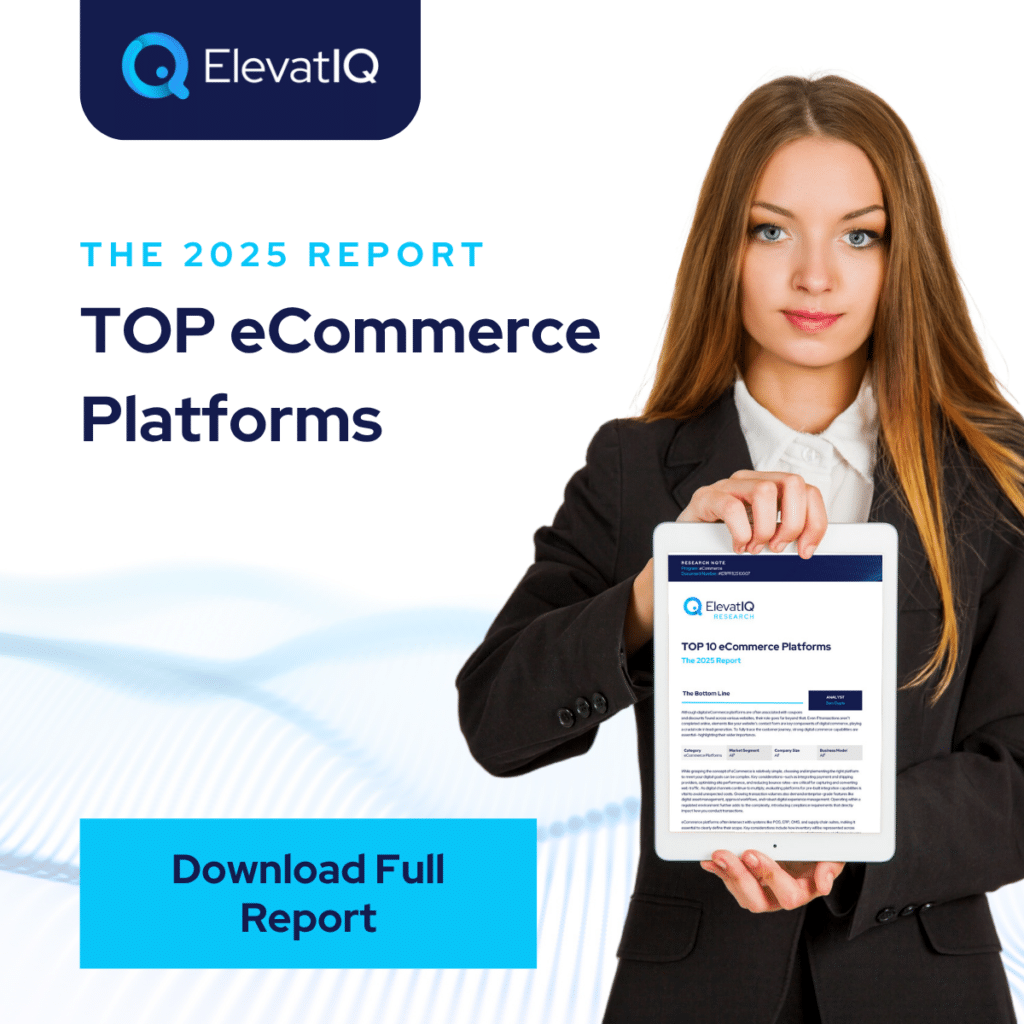
7. Korber/MercuryGate
MercuryGate’s developers tailored this cloud-native TMS platform for SMBs ready to move beyond basic shipping tools like Pacejet or ShipStation. Its modern architecture and intuitive interface make it especially appealing to direct-to-consumer (DTC) and consumer packaged goods (CPG) companies looking for a scalable solution that aligns with cloud-first ERP systems like NetSuite or Acumatica. With capabilities in fleet management, claims processing, and last-mile logistics, MercuryGate provides a solid foundation for smaller businesses that want more control and visibility without the complexity of a large enterprise platform.
Now part of the Körber supply chain portfolio, MercuryGate has the potential to evolve into a more comprehensive solution. However, as it currently stands, its limited international reach, lack of pre-integrated WMS/S&OP features, and basic reporting tools could hinder adoption by larger or more global operations. Will MercuryGate’s roadmap align with your company’s growing complexity? Do its North American strengths match your geographic footprint, or will you need a platform with more global reach? Download the Ultimate Top 10 TMS Systems Report now to compare MercuryGate with the leading TMS platforms.
6. 3Gtms TMS (Pacejet)
3Gtms is purpose-built for SMB trucking companies looking for an all-in-one TMS that supports LTL, FTL, and parcel shipments. Its recent acquisition of Pacejet has extended its reach into the parcel space, making it a compelling choice for domestic shippers seeking a cost-effective and comprehensive transportation management solution. With advanced dispatch and load planning features, 3Gtms especially suits businesses running lighter, less complex shipping operations—particularly those working within ERP ecosystems like Acumatica or Infor CloudSuite Industrial (SyteLine).
However, 3Gtms may not be the right fit for companies with international operations or those needing enterprise-grade scalability. It lacks the fully integrated suite of solutions that larger, cloud-native platforms provide, and some advanced capabilities may require third-party add-ons. Is your business focused on domestic transportation with moderate complexity, or are you gearing up for global expansion? Are you willing to sacrifice integrated suite functionality for a more targeted and streamlined TMS experience? Download the Ultimate Top 10 TMS Systems Report now to see how 3Gtms compares to the top platforms and discover which TMS best fits your business goals.

5. e2open (BlueJays/Cloud Logistics)
e2open stands out as one of the most robust and integrated supply chain platforms available, combining execution, planning, and collaboration across global networks. Tailored for large enterprises, particularly those operating on SAP or Oracle, it offers powerful forecasting tools enhanced by AI and ML, enabling smarter, more agile decision-making across complex supply chains. With coverage of all major transportation modes—road, rail, ocean, and air—e2open is particularly effective for companies that rely on close collaboration with suppliers, distributors, and logistics partners worldwide.
However, e2open’s depth and scale come with trade-offs. Its complexity may overwhelm smaller companies, and its recent integration into the WiseTech Global ecosystem—alongside Bloom Global—raises questions about its long-term neutrality. For enterprises, this acquisition may prove synergistic, but others might view it as a potential limitation. Is your organization ready for a platform with such scale and depth? Do you prioritize a unified planning-execution platform, or would a more focused TMS better serve your needs? Download the Ultimate Top 10 TMS Systems Report now to compare e2open with other leading platforms.
4. Manhattan Associates
Manhattan is best known for its industry-leading WMS, but its integrated TMS capabilities make it an attractive choice for enterprises operating in retail-heavy sectors such as grocery, footwear, and apparel. For businesses already leveraging Manhattan’s WMS, adding its TMS functionality can streamline operations, reduce integration costs, and support high-volume, store-based fulfillment strategies. The native interoperability between warehouse and transportation systems enables synchronized inventory and shipping workflows—particularly valuable for companies handling complex last-mile logistics.
However, Manhattan’s TMS offering is more of an add-on than a core focus, and it may not match the depth of best-of-breed TMS platforms. Additionally, developers designed the suite for large enterprises, which may overwhelm or be too costly for SMBs. Is your organization already using the Manhattan ecosystem and looking to strengthen WMS-TMS integration? Or would a standalone TMS with stronger transportation capabilities suit you better? Download the Ultimate Top 10 TMS Systems Report now to explore how Manhattan stacks up against other leading platforms.
3. SAP Transportation Management
SAP Transportation Management (SAP TM) is purpose-built for enterprises already invested in the SAP ecosystem, especially those using SAP Extended Warehouse Management (EWM) or SAP S/4HANA. Its value lies in native integration across SAP’s broader supply chain and finance solutions, enabling centralized visibility, compliance, and transaction traceability—particularly beneficial for global companies and distributors with complex logistics requirements. SAP TM is a compelling choice for organizations with sophisticated workflows, such as 3PL providers managing multi-party billing and large-scale freight operations.
That said, SAP TM can be too intricate and costly for SMBs or companies not deeply embedded in SAP technologies. Additionally, core transportation capabilities like carrier communication may require third-party tools such as Descartes, adding complexity and expense. Are you already using SAP and looking to extend functionality with a natively integrated TMS? Or is your business better served by a platform that offers standalone TMS depth with a lighter IT footprint? Download the Ultimate Top 10 TMS Systems Report now to see how SAP TM compares.
2. Blue Yonder
Blue Yonder is a powerhouse in the transportation management space, offering an execution-focused TMS deeply embedded within one of the most comprehensive supply chain suites on the market. Its strength lies in serving enterprise clients—especially those in retail—with robust capabilities for global freight management, integrated planning, and execution. Unlike e2open, which builds around its own proprietary network, Blue Yonder leverages data partnerships to enhance its control tower and end-to-end visibility features, making it ideal for enterprises aiming to streamline complex, global supply chains.
However, Blue Yonder may not be the right fit for every business. SMBs or companies simply looking for a standalone TMS might find its suite excessive—both in cost and scope. Is your business prepared for a highly integrated system that covers both planning and execution? Or would a leaner, more focused TMS platform better suit your needs? Download the Ultimate Top 10 TMS Systems Report now to explore how Blue Yonder compares to other top contenders.
1. Oracle TMS
Oracle TMS stands out as a premier choice for large enterprises already invested in Oracle’s broader ecosystem, including ERP, RMS, and WMS. The platform’s developers built its transportation management capabilities for enterprise scalability, especially for industries like retail, distribution, and logistics where compliance, traceability, and tight financial system integration are critical. With native connectivity across the Oracle suite, businesses can expect streamlined data flows, enhanced operational visibility, and centralized control across supply chain functions.
That said, Oracle TMS may not suit every organization. Its high cost, complexity, and deep integration requirements make it better suited for companies with mature IT infrastructures and advanced global logistics needs. Are you an enterprise with demanding regulatory obligations and a need for full-suite integration? Or are you seeking a simpler, more agile TMS platform that can operate independently? Download the Ultimate Top 10 TMS Systems Report now to compare Oracle with other top platforms.
Conclusion
Much like other enterprise software categories, TMS systems come in various configurations. The suitability of a TMS system for a business largely depends on how it aligns with the enterprise architecture and business model.
If you’re considering a TMS system, it’s crucial to distinguish between systems provided by consulting firms and those by pure-play technology firms. Delve into your business model and enterprise architecture to evaluate which system aligns best with your needs. This list aims to offer potential options for your further evaluation with Independent TMS consultants.
Download the Full Report
